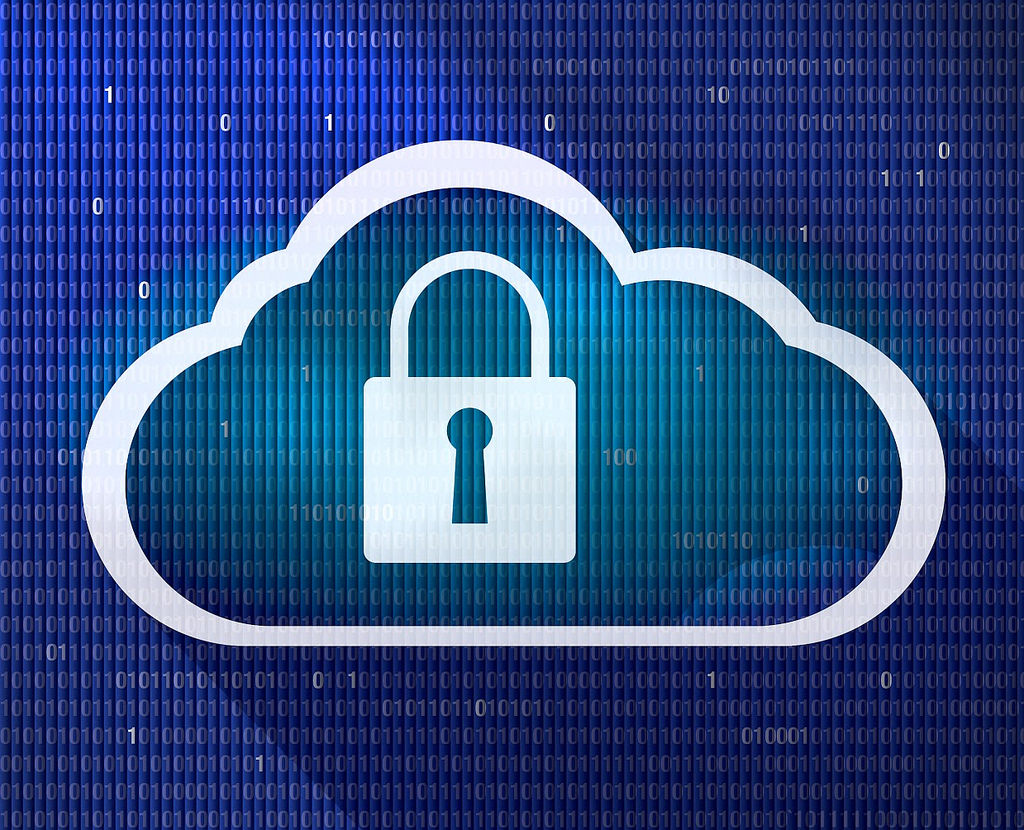Protect Your Business Data with Network Security
June 1st, 2023 by admin

Network security is a critically important part of any organization's digital infrastructure. Network security protects data and confidential information from malicious actors, natural disasters, and other unforeseen events that could lead to data loss or exploitation. It is also responsible for safeguarding businesses from cyber-attacks, threats from the internet, and other potential risks posed by the internet.
There are various ways to ensure network security within an organization. Firewalls are a commonly used form of protection that allows for specific types of traffic in and out of a computer network. Firewalls can be configured with access control lists (ACLs) that specify which sorts of incoming traffic should be allowed onto the LAN (Local Area Network). Other tools such as antivirus software, anti-spam software, and intrusion detection systems (IDS) also play a role in keeping a network secure.
It is important to keep all software up to date with the latest security patches and updates. Keeping the operating system and application software updated is key to ensuring that potential vulnerabilities are fixed quickly before they can be exploited. Additionally, regular checks should be conducted on both hardware and software to ensure they are working properly and have the most current version available.
Network administrators should also ensure that only trusted users can access sensitive data or networks. One way of doing this is through user authentication, which requires users to provide valid credentials such as passwords or security tokens when accessing certain areas of the network. For extra security, administrators should also implement multi-factor authentication, which requires users to provide multiple pieces of information, such as passwords, codes, or biometric data, to gain access.
Finally, organizations need to have an incident response plan that will enable a swift and effective response in the event of a cyber-attack or breach. Developing a secure network is only half the battle; it is equally important to have tested systems and processes for responding quickly and effectively when something goes wrong.
In short, network security is essential for any organization that wants to protect itself from malicious actors and potential threats posed by the internet. Implementing strong security measures such as firewalls, antivirus software, user authentication, multi-factor authentication, and an incident response plan will ensure that any network is secure and protected from potential threats.
How does Network Security Help Protect Your Business Data?
Network security is a critical component of any business. It helps protect sensitive data and maintains the confidentiality, integrity, and availability of company information. Network security protects networks from malicious activities such as hacking, unauthorized access, DoS attacks (denial-of-service), and more. It also helps businesses protect their intellectual property by preventing data theft or loss.
There are various strategies for implementing network security. One way to ensure secure networks is through authentication methods such as multi-factor authentication or strong passwords. This process requires users to enter multiple credentials in order to access the system – typically a username, password, and an additional form of verification (such as a one-time code). This makes it harder for cybercriminals to break into the system.
Another common strategy is to implement firewalls, which are used to block unauthorized access by blocking malicious traffic and preventing external threats from entering the network. Firewalls can be hardware- or software-based and should be updated regularly to remain effective. Intrusion detection systems (IDS) can also be used to detect and respond to any suspicious behavior on the network.
In addition, businesses should use encryption methods such as SSL/TLS or VPNs (Virtual Private Networks) for data transmission over an untrusted network. This ensures that confidential information is transmitted securely without being compromised by outside sources. Network segmentation is another security measure that helps protect against both internal and external attackers by dividing large networks into smaller, isolated subnets.
Finally, businesses should invest in Network Access Control (NAC) solutions to ensure that only trusted devices can access the network. This helps prevent malicious actors from gaining access to or compromising sensitive data.
Network security is essential for protecting your business data. It helps shield your organization from cyber criminals, hackers, and other malicious activity. With network security in place, you can know that unauthorized access to your company's confidential data won't happen.
Network security also enables you to detect threats quickly, so you can take steps to reduce the impact of any attack on your business operations. Investing in the right network security solution will help secure your business data! If you want to learn more about how to protect your business data with network security, contact us today.
Posted in: Network Security
